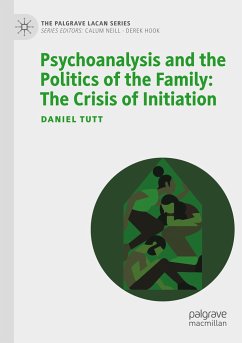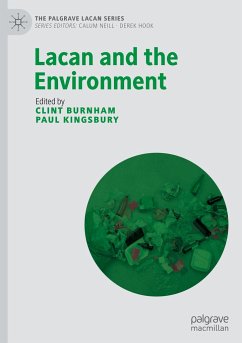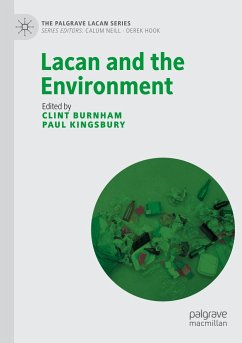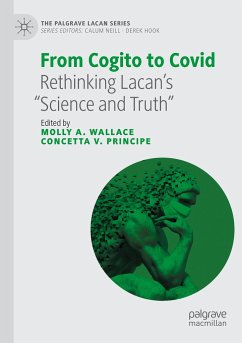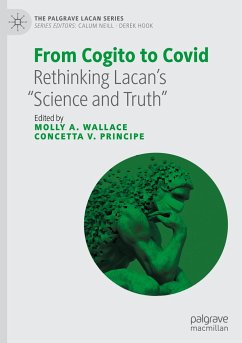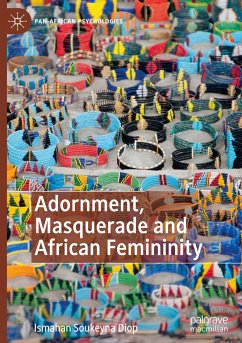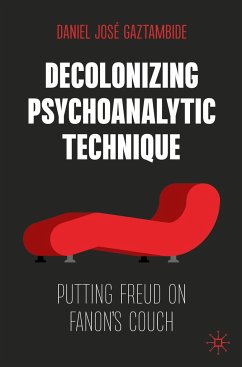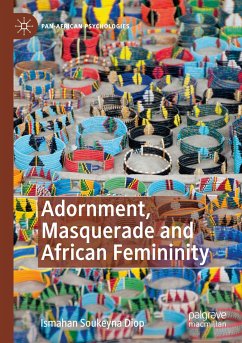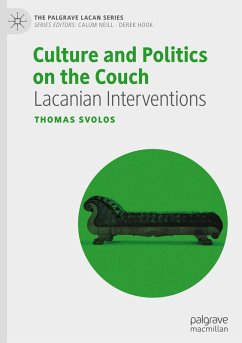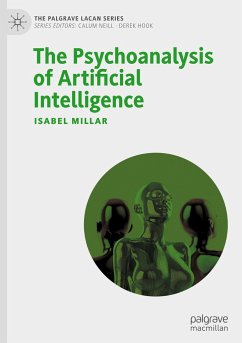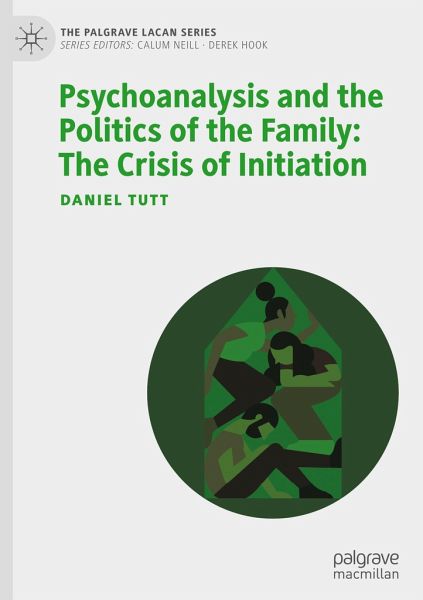
Psychoanalysis and the Politics of the Family: The Crisis of Initiation
Versandkostenfrei!
Versandfertig in 6-10 Tagen
38,99 €
inkl. MwSt.
Weitere Ausgaben:

PAYBACK Punkte
19 °P sammeln!
Psychoanalysis and the Politics of Family aims to raise a sophisticated and highly accessible debate around the family, self-making and the political and cultural implications of liberation. The text proposes a new way to read the Lacanian theory of Oedipus and through this reading resituate a series of important political and theoretical debates that have concerned intellectual life over the last forty years. It is written with an accessible style so that both specialists in Lacanian and Marxist theory and a broader cross-section of readers interested in understanding the implications of deba...
Psychoanalysis and the Politics of Family aims to raise a sophisticated and highly accessible debate around the family, self-making and the political and cultural implications of liberation. The text proposes a new way to read the Lacanian theory of Oedipus and through this reading resituate a series of important political and theoretical debates that have concerned intellectual life over the last forty years. It is written with an accessible style so that both specialists in Lacanian and Marxist theory and a broader cross-section of readers interested in understanding the implications of debates across populist and Marxist perspectives that have occupied the global left since the 2008 economic crash. The text aims to resituate the way theories of emancipation and liberation are theorized from a distinctive psychoanalytic and Lacanian point of view. In resituating the infamous "Oedipus complex" in a new light, the text re-opens a series of debates with important theoreticalinterlocutors, including the influential American historian and psychoanalytic thinker Christopher Lasch, whose thought has witnessed a significant renaissance of interest today, to the staunch critic of Freud and Lacan, René Girard, to Gilles Deleuze and Félix Guattari and their widely read Anti-Oedipus series that disputes the Freudian and Lacanian notions of Oedipus.





